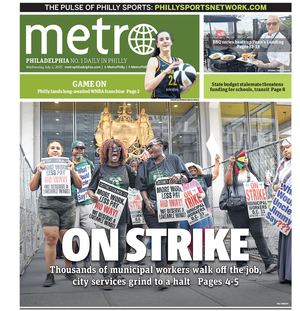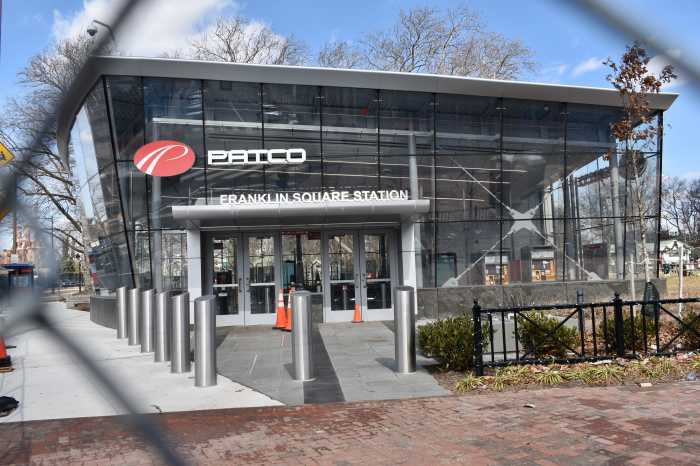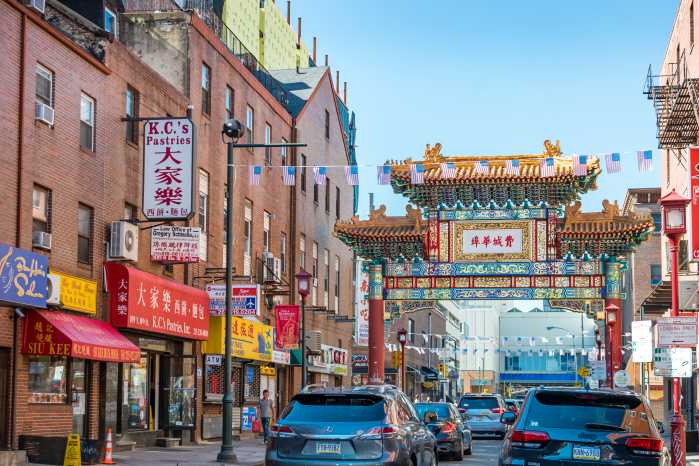Chinatown was bursting with color this afternoon during its 14th annual Fujian Hoyu Folk Culture Festival, a celebration imported from China’s Fujian province honoring those that came before and asking them to bring prosperity to their community through dance, song and reenactments. This year was especially significant.
“We celebrate our general, his 1,000 year happy birthday,” Mabel Chan said, who, like many others, took to an outdoor stage at 10th and Vine streets and performed a traditional dance in tribute to the general. “Our whole country celebrates him. We ask him to bless us with good luck and happiness – and lots of money, too.”
“The general is one of our ancestors from China,” Joi Cheung said. “He built, from the ground up, the city that we all came from.” That city is Fuzhou, the capitol of China’s Fujian province, she said, though the province’s smaller village of Hoyu was also well-represented.
“This festival is 700 years old,” said John Testino of Cheung’s Hung Gar Kung Fu Academy, whose members performed the traditional lion dance during a parade that marched from 12th and Vine to 10th and Arch streets. “But everyone’s really buzzed up this year – it’s the first time there’s been a stage and a sound system. I’ve never seen all this.”
Men and women clad in silk robes and wearing masks or face paint danced and sang in front of a row of men dressed in military uniforms, similar to that of the general. At one point, the crowd rushed to throw small red packets into a blanket, which was flung up on the stage.
“We’re offering these packs of money to our gods and ancestors,” Cheung said. “We hope they receive it because it’s in a red blanket – red is a very important color in Chinese culture – and that they send the same prosperity on to us.”
Everyone seemed to be in agreement that it was important to keep the tradition alive, to share with both outsiders and their own people. “We really want to reach out to Americans and children who don’t know the language anymore,” Cheung said.
Chan shared similar sentiments. “Now America is our country, so we bring our culture to our family.”

































